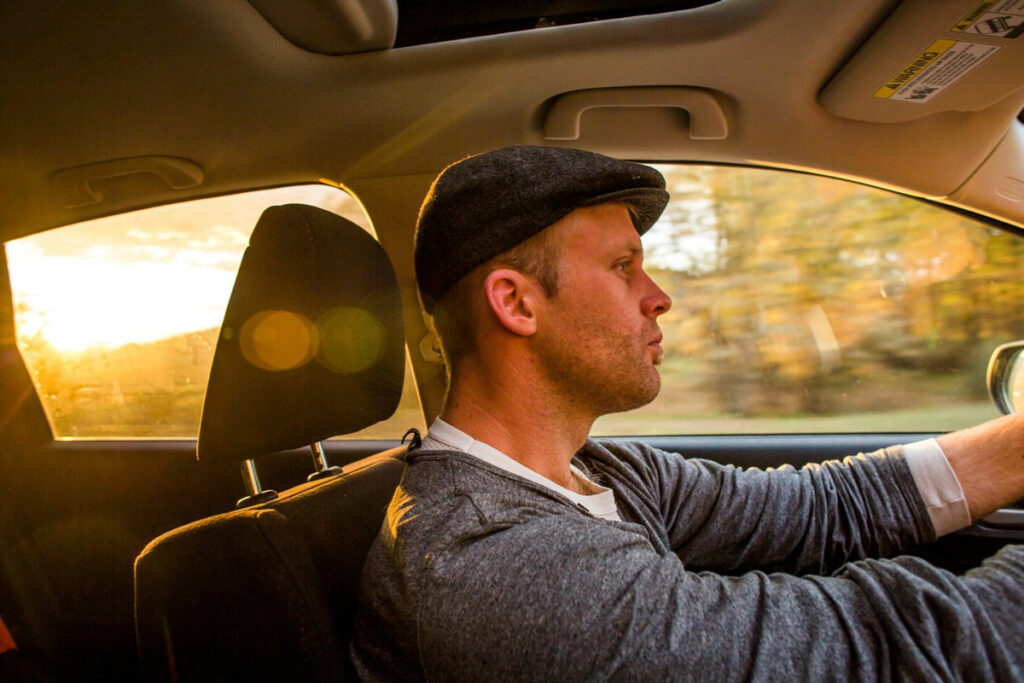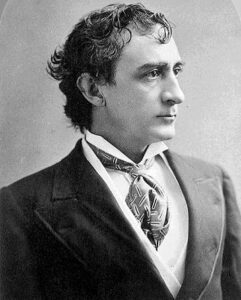A friend recently told me, “I feel like quitting. I’m tired of being told things will work out in the future, that relief is out there somewhere. Just give me the keys. Drive away. Leave everything behind.”

And then I told him the amazing turnaround story of Edwin Booth, the brother of Abraham Lincoln’s assassin, John Wilkes Booth.
If anyone could ever justify quitting, it was Edwin Booth.
The best embrace responsibility
The leading Shakespearean actor in the 19th century, Edwin Booth, was highly esteemed and well known.
In popularity, he was the Morgan Freeman or Tom Hanks of his day.
And then a great cloud covered him when his brother, John Wilkes Booth, shot and killed Abraham Lincoln.
Guilt-by-association hamstrung his reputation and well-being.
Didn’t matter that Edwin Booth was antislavery, pro-Lincoln, and pro-freedom.
He didn’t kill the President. But his last name was Booth.

Sad times swallowed him from that point on.
- Married at 27, his wife dies two months later.
- Marries a second time. She becomes mentally ill and dies at age 33.
Edwin Booth spent much of his money, on the verge of bankruptcy, caring for his ailing wife.
The best embraces raw talent
In spite of all this, Edwin did what he does best.
He performed the title role in Hamlet at the Winter Garden Theater in New York City in January 1866.
From 1867 to 1888, Edwin’s success as an actor and businessman grew.
He . . .
- rebuilds his fortune after near bankruptcy
- buys several theaters
- plays the title role in Hamlet over 100 times
- builds a grand cottage estate in Rhode Island
Despite his financial success, Edwin struggled with his brother’s devastating act.
His name was involved in the murder of one of the greatest Presidents in American history.
The best embrace good character
Guilt-by-association hung over his head.
But, Edwin recalls a day while standing on a platform to board a train in New Jersey.
A large crowd gathered and began surging in line.
Folks shoved each other while a young man was accidentally pushed onto the track.
As the train approached just a few feet away, Edwin Booth dropped his suitcase, jumped down and grabbed the young man and pulled him back to safety, just in time to save his life.
And, of course, they were both upset.
The young man cleaned himself off and looked at Edwin Booth and recognized him.
“Oh Mr. Booth, I’ve seen you in the theater. I thank you for saving my life.”
Edwin Booth took great pleasure in learning that the young man was Robert Todd Lincoln, the eldest son of the assassinated President.
“The platform was about the height of the car floor, and there was of course a narrow space between the platform and the car body. There was some crowding, and I happened to be pressed by it against the car body while waiting my turn. In this situation the train began to move, and by the motion I was twisted off my feet, and had dropped somewhat, with feet downward, into the open space, and was personally helpless, when my coat collar was vigorously seized and I was quickly pulled up and out to a secure footing on the platform. Upon turning to thank my rescuer I saw it was Edwin Booth, whose face was of course well known to me, and I expressed my gratitude to him, and in doing so, called him by name.” Robert Todd Lincoln/1909 letter to Richard Gilder, Editor of Century Magazine
The best look forward
The best always look forward to looking back because they embrace the best in life with . . .
- responsibility
- raw talent
- good character
What motivates you to look forward and not quit?

Steve, I know the various players… the Booths and the Lincolns, including their surf son Robert Todd Lincoln. But I had no knowledge of a later connection between the assassin’s brother and the surviving Lincoln son. What a great post and message. Don’t quit; stay positive and move forward. We never know what is around the bend.
Lovely comment Judy! Thank you!